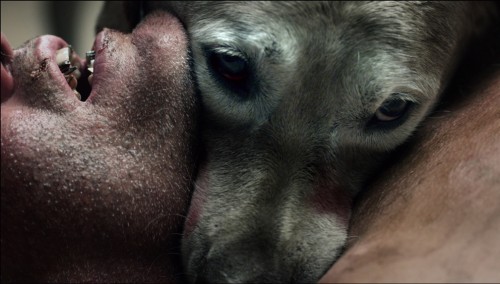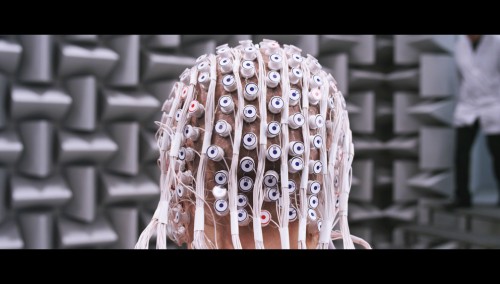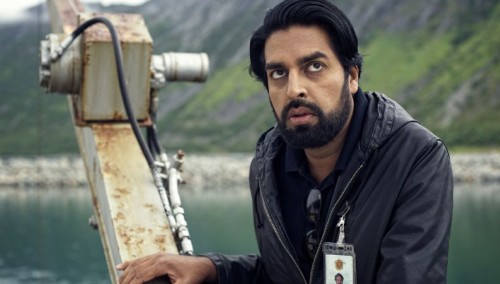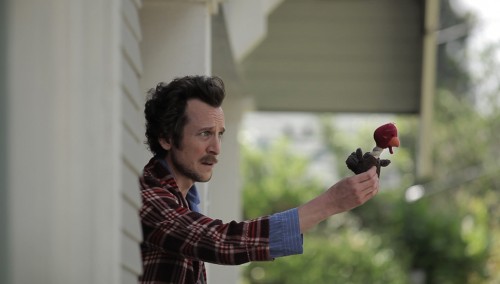Night Sight 2013
To put it in the jargon of digital direct democracy: photorealistic torture pornography has been voted out. We’ll put a “like” under that and an #awesome. Seriously, though: the E uropean fantastic currently presents itself as being more absolutely gothic-romantic and surreal than almost ever before. An educational demonstration of this is found in one of the most exciting and wildest compilation films of the past decade. With The ABC’s of Death, the young savages of international genre cinema spell out their specialist discipline, dying in film, thus providing an indication that is as clear as it is delirious, of the direction in which the fantastic will be moving in the next decade. In the twenty-six miniatures, the audience experiences a staccato of ways of dying, articulated in all the languages of color and form that cinema has to offer. With O is for Orgasm the Belgians Hélène Cattet and Bruno Forzani launch a sensory general attack straight into the viewer’s brain, also providing a postscript to their sensational debut Amer (Night Sight 2010) at the same time. With H is for Hydro-Elect ric Diffusion the Danish filmmaker Thomas Cappelen Malling has produced a real-film-cartoon somewhere in between Tex Avery and Nazisploitation, while his compatriot Anders Morgenthaler has animated a battle between a woman and a toilet in K is for Klut z. Frenchman Quentin Dupieux aka Mr. O izo (Rubb er) also promises a dadaist cerebral massage in Wrong: elegantly circumnavigating filmsyntactical axioms, he tosses his own universe of ideas right through the picture space. Palms transform into Christmas trees, an extreme jogger turns out to be a New Age cultist, and in the midst of this a man is desperately searching for his dog. From this nest of higher nonsense, it is not far to Hellfjord: the upper echelons of Norwegian fantastic cinema, including Roar Uthaug (Cold Prey) and Tommy Wirkola (Dead Snow), send a policeman to the eponymous rural community to investigate mysterious occurrences. The result is a brilliantly lunatic television series in seven episodes, atmospherically located somewhere between Twin Peaks and Hot Fuzz. The Lithuanian director Kristina Buožytė, finally, entices viewers into the realm of psycho-sexual hallucinations: her unusual and internationally awardwinning science fiction film Vanishing Waves has a young researcher wading through the mental worlds of a coma patient. There is no room left for conventional ideas of reality in this year’s Night Sight program: the selected films all abandon themselves to a deeper truth trapped somewhere between the images. A truth as only the cinema can know it, as can only be experienced in the cinema. There, where sensuality counts more than sense, where reason draws the short straw.




